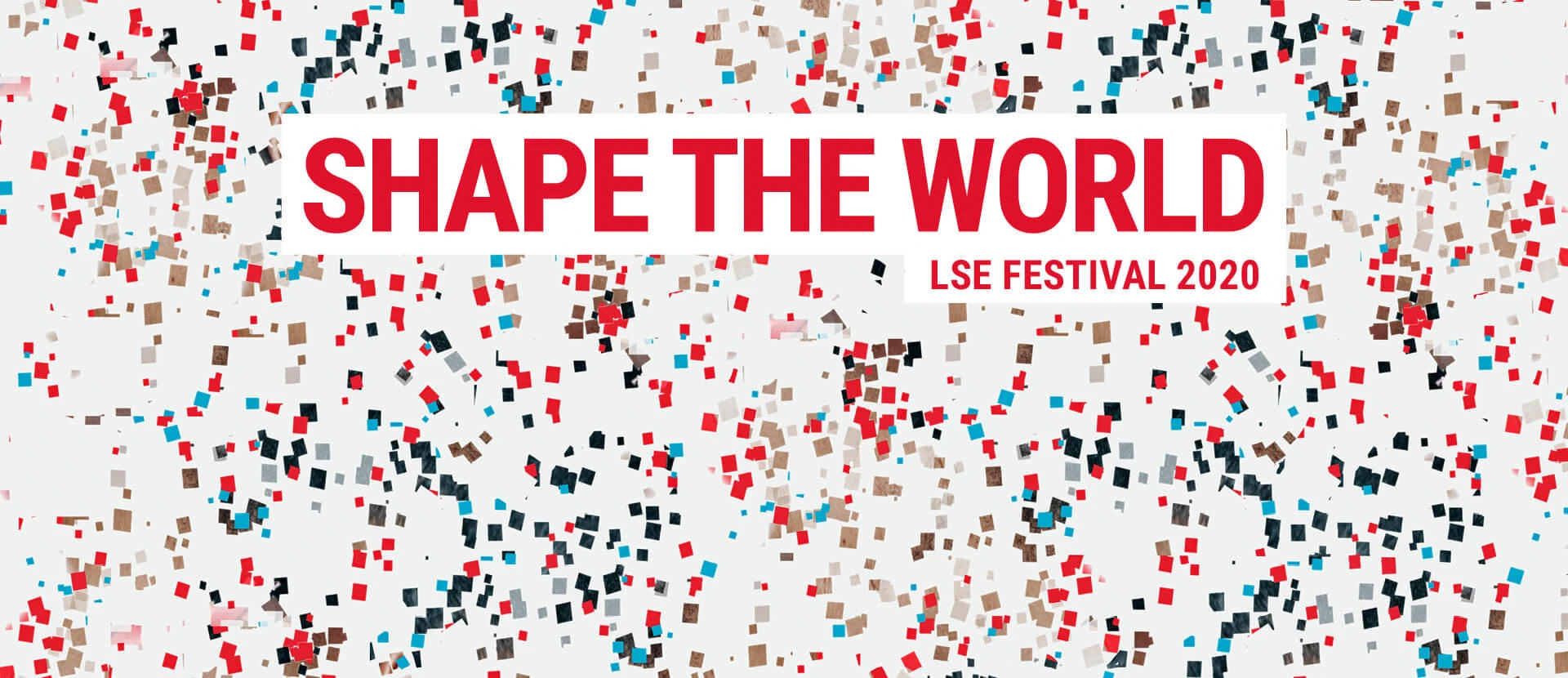Engaging a Risen China by Understanding its Past

China is no longer rising; it has risen. Wealthy, confident, and assertive internationally, China has defied those that claimed it could only achieve its oft-remarked potential by becoming like the West. It is necessary, then, to understand China on its own terms. History is critical to doing so; few countries pay so close attention to their own past as China does.
Five thousand years of history and civilisation give China confidence about the value of its culture, while the century of humiliation still remembered by some living Chinese is a cause of both assertiveness and insecurity. This roundtable discussion will bring together historians of China and scholars on the country's international relations and politics to offer insight into how understanding China's history can help us make sense of the country today. Combining expertise from within and beyond LSE, the conversation will suggest not only how history has shaped China's present, but how contemporary China deploys its (imagined) past towards political and social mobilisation. Engaging a risen China is one of the most important challenges of our time and this event will suggest that history is critical to the understanding and empathy that will be necessary if we are to make a global success of China's remarkable domestic development.
Isabella Jackson is Assistant Professor in Chinese History at Trinity College Dublin, having previously been a lecturer at the Universities of Oxford and Aberdeen. She is the author of Shaping Modern Shanghai: Colonialism in China’s Global City (Cambridge University Press, 2017), and she co-edited (with Robert Bickers) Treaty Ports in Modern China: Law, Land and Power. Her next major project examines twentieth-century campaigns against child slavery in China and what they reveal about changing conceptions of childhood.
To pre-order a copy of Shaping Modern Shanghai: Colonialism in China’s Global City, which can be collected from independent bookshop Pages of Hackney at the event, please go to Shaping Modern Shanghai: Colonialism in China’s Global City.
Pete Millwood (@PeteMillwood) is LSE Fellow in East Asian History at LSE. His research is on the international and transnational history of the Chinese world during the Cold War. His first book-length project is a transnational history of the US-China rapprochement of the 1970s, with the working title Below the Summit: How Physicists, Acrobats, and Seismologists Remade U.S.-China Relations, 1969–1978. Dr Millwood teaches the international history of East Asia and the history of the Cold War.
Ronald C. Po is Assistant Professor in the Department of International History at LSE. His main research interests lie in the history of maritime China from the seventeenth to nineteenth centuries. He is the author of The Blue Frontier: Maritime Vision and Power in the Qing Empire and has published articles in peer-reviewed journals such as Modern Asian Studies, Late Imperial China, Journal of the Royal Asiatic Society, and the American Journal of Chinese Studies.
To pre-order a copy of The Blue Frontier: Maritime Vision and Power in the Qing Empire, which can be collected from independent bookshop Pages of Hackney at the event, please go to The Blue Frontier: Maritime Vision and Power in the Qing Empire.
Leigh Jenco (@LeighJenco) is Professor of Political Theory in the Department of Government at LSE.
Twitter hashtags for this event: #LSEFestival #ShapetheWorld
This event is part of the running from Monday 2 to Saturday 7 March 2020, with a series of events exploring how social science can make the world a better place.
LSE holds a wide range of events, covering many of the most controversial issues of the day, and speakers at our events may express views that cause offence. The views expressed by speakers at LSE events do not reflect the position or views of The London School of Economics and Political Science.
From time to time there are changes to event details so we strongly recommend that if you plan to attend this event you check back on this listing on the day of the event.
LSE holds a wide range of events, covering many of the most controversial issues of the day, and speakers at our events may express views that cause offence. The views expressed by speakers at LSE events do not reflect the position or views of the London School of Economics and Political Science.
